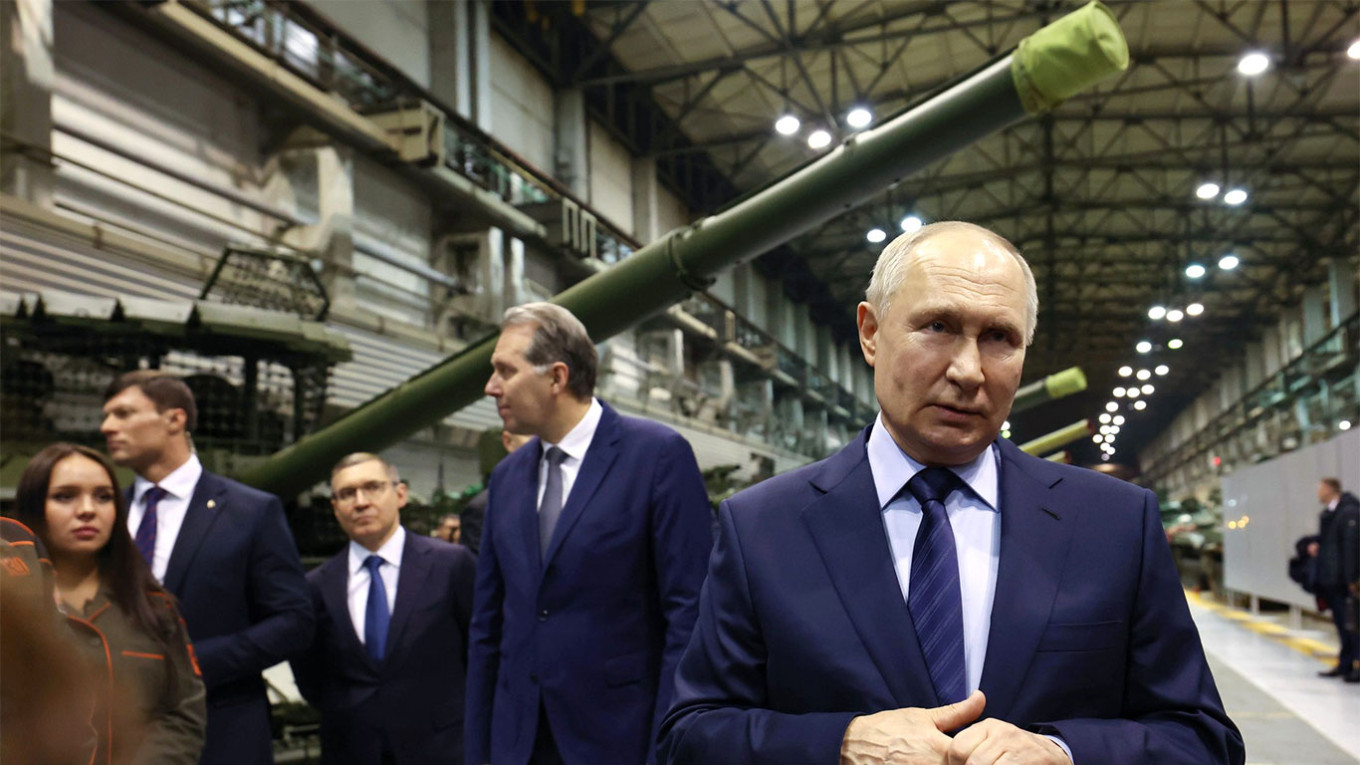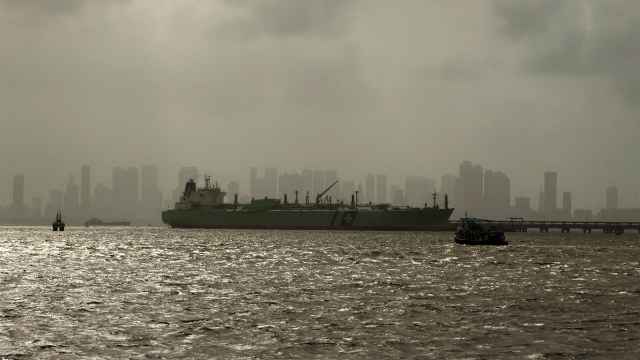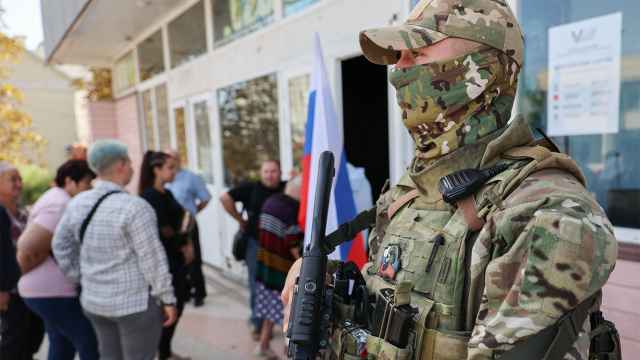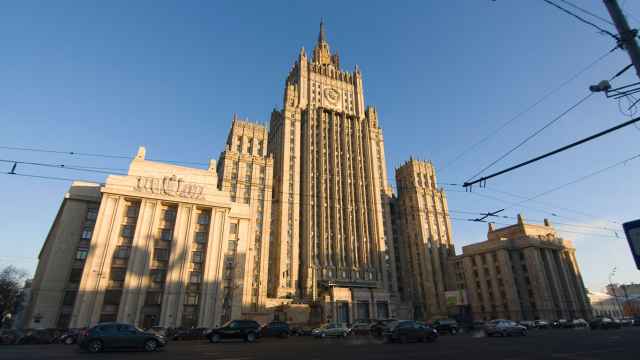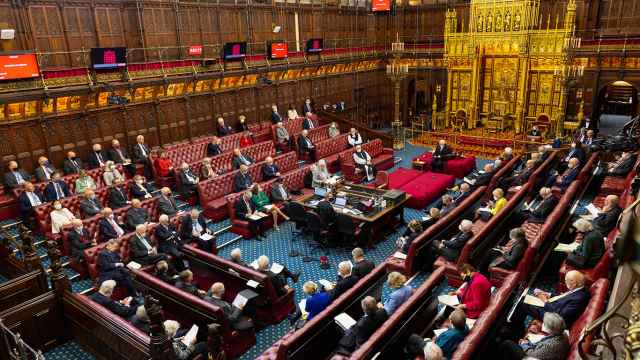The U.K. on Thursday announced more than 50 new sanctions against Russia ahead of the second anniversary of Moscow's invasion of Ukraine.
The sanctions target arms manufacturers, electronics companies, as well as diamond and oil traders, and they aim to "diminish" Russian President Vladimir Putin's weapons arsenal, the British foreign office said.
They also seek to cut off funding for Russia's war by clamping down on metals, diamonds, and energy trade — key sources of Russian revenue, the ministry added.
"Our international economic pressure means Russia cannot afford this illegal invasion," British Foreign Minister David Cameron said in a statement.
"Our sanctions are starving Putin of the resources he desperately needs to fund his struggling war," he added.
Saturday marks the second anniversary of Russia's full-scale invasion of Ukraine.
More than 10,000 civilians have died in the conflict so far, while almost 20,000 more have been wounded, according to the United Nations.
The new sanctions announced Thursday target 14 individuals and entities linked to manufacturing munitions such as rocket launch systems, missiles, and explosives, the U.K. foreign office said.
They include the Sverdlov State-Owned Enterprise, the largest enterprise in the Russian ammunition industry.
A Turkish company supplying electronics to the Russian military, three Chinese firms and two entities in Belarus were also sanctioned.
Sanctions were imposed against oil trader Niels Troost, two Russian diamond companies and five senior executives of Russia's top producers of copper, zinc and steel, among others.
Overall, the U.K. has sanctioned 2,000 individuals, companies and groups under its Russia sanctions regime.
On Wednesday, London announced it had imposed sanctions on six officials at the Siberian penal colony where Russian opposition figure Alexei Navalny died last week.
A Message from The Moscow Times:
Dear readers,
We are facing unprecedented challenges. Russia's Prosecutor General's Office has designated The Moscow Times as an "undesirable" organization, criminalizing our work and putting our staff at risk of prosecution. This follows our earlier unjust labeling as a "foreign agent."
These actions are direct attempts to silence independent journalism in Russia. The authorities claim our work "discredits the decisions of the Russian leadership." We see things differently: we strive to provide accurate, unbiased reporting on Russia.
We, the journalists of The Moscow Times, refuse to be silenced. But to continue our work, we need your help.
Your support, no matter how small, makes a world of difference. If you can, please support us monthly starting from just $2. It's quick to set up, and every contribution makes a significant impact.
By supporting The Moscow Times, you're defending open, independent journalism in the face of repression. Thank you for standing with us.
Remind me later.


